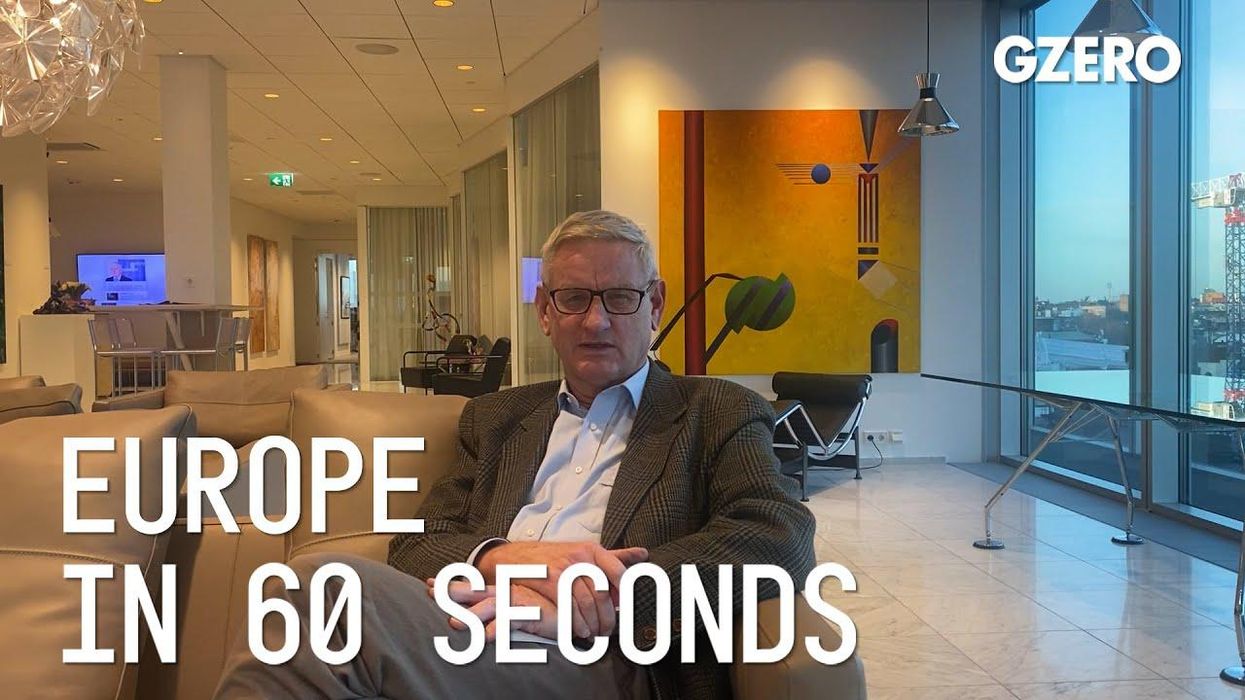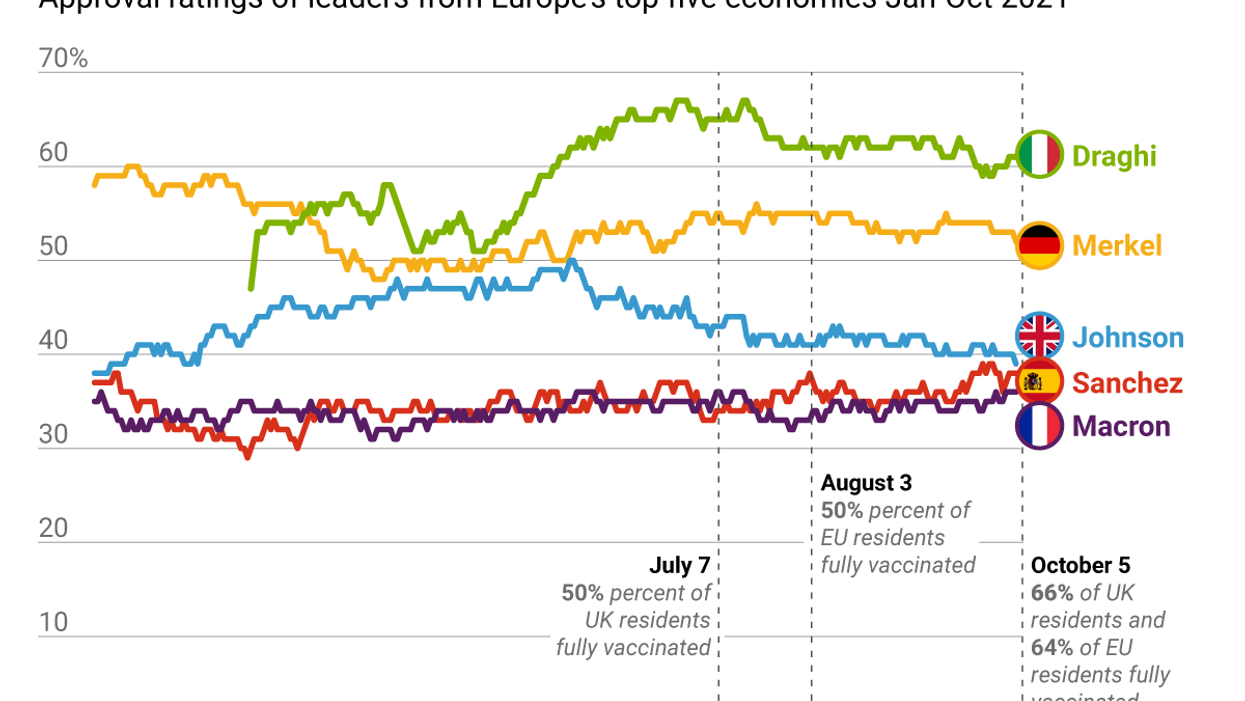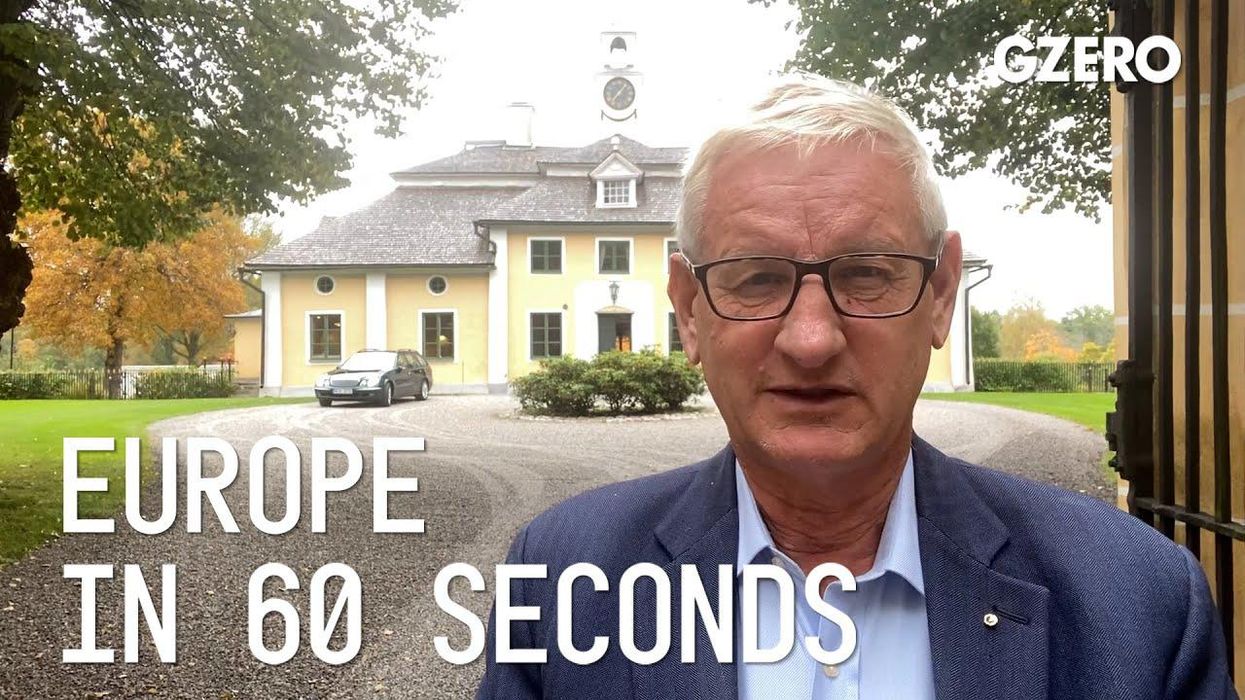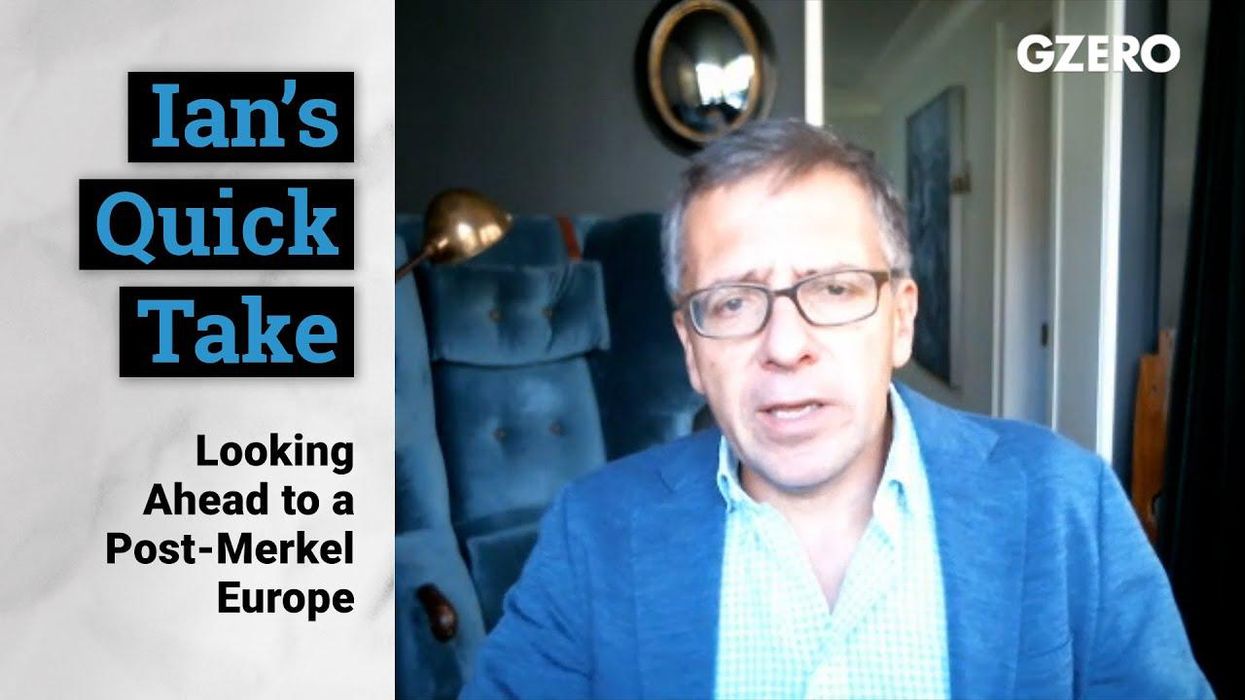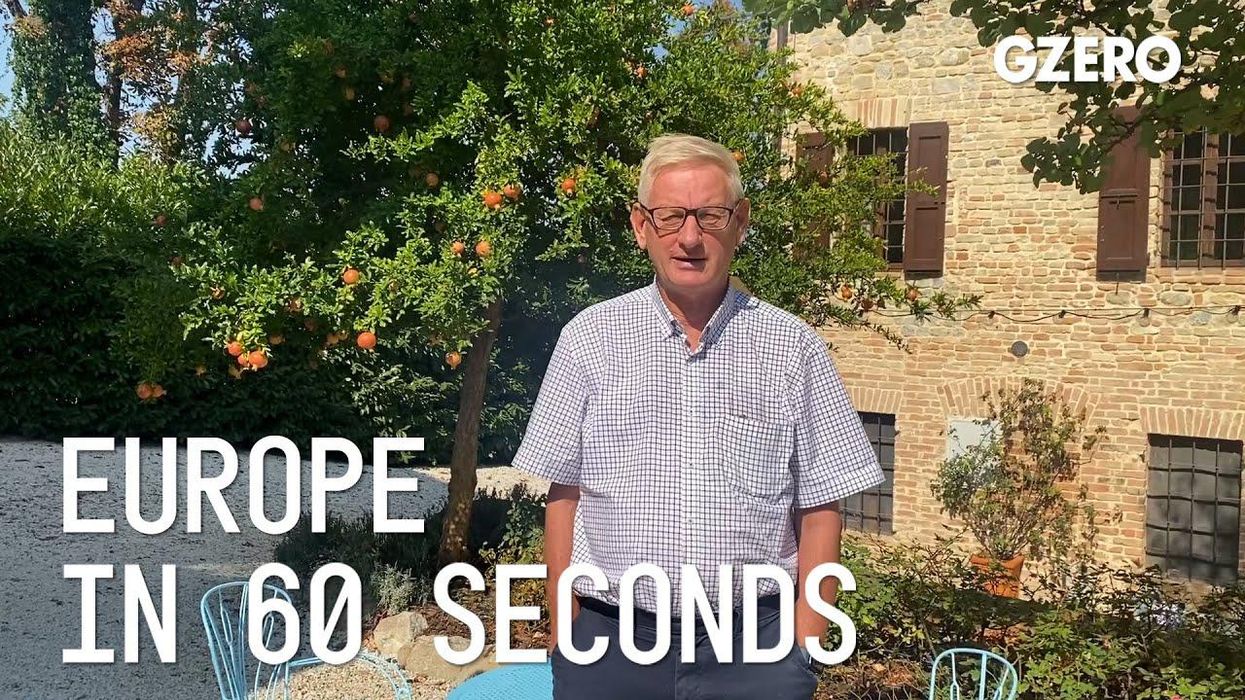GZERO Europe
Minsk agreement a path to resolving Ukraine crisis
What's happening with the dispute with Russia? Who's going to fill the leadership vacuum in Europe? Carl Bildt, former Prime Minister and Foreign Minister of Sweden, shares his perspective from Europe this week from Stockholm.
Feb 10, 2022
